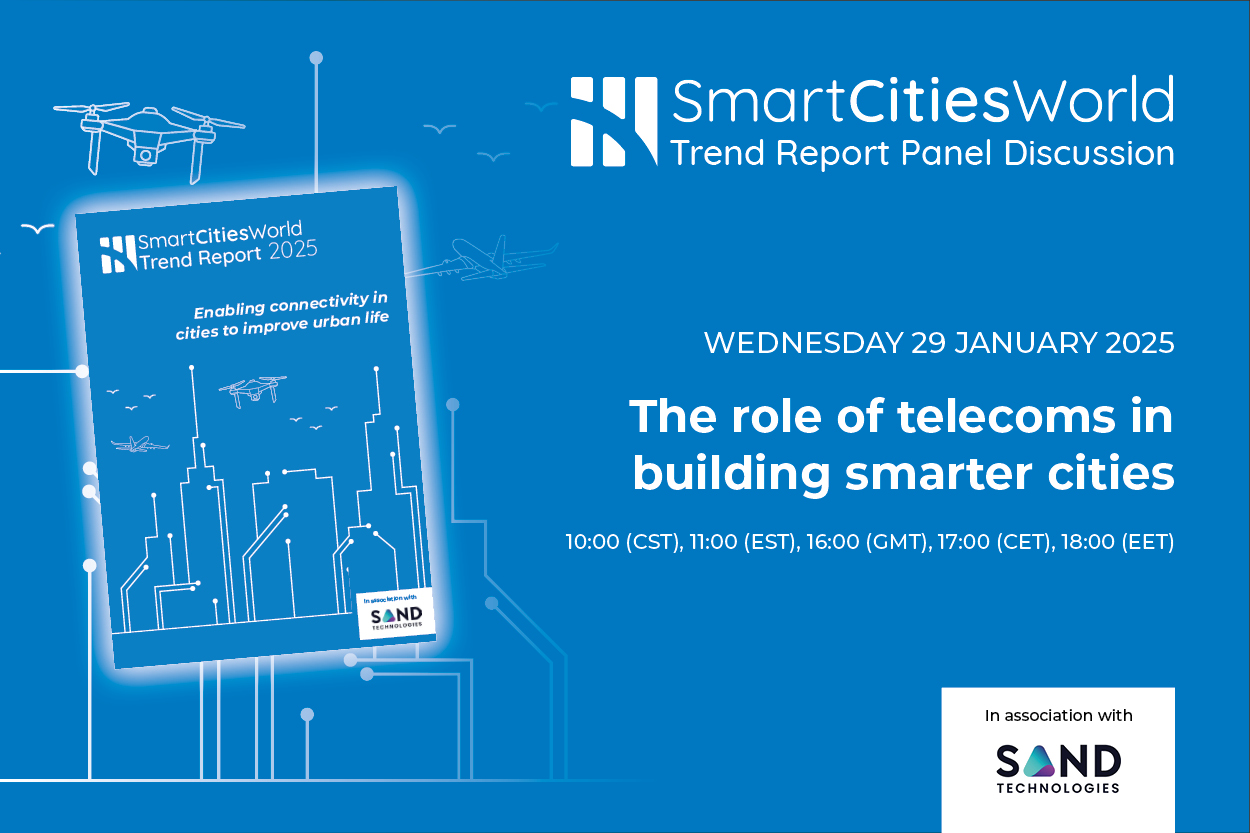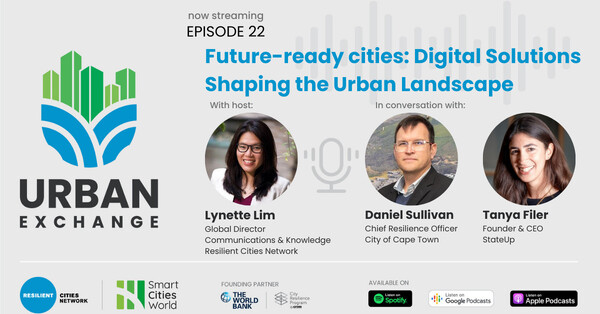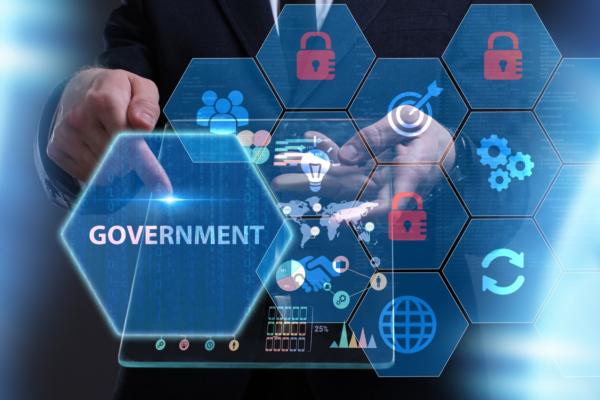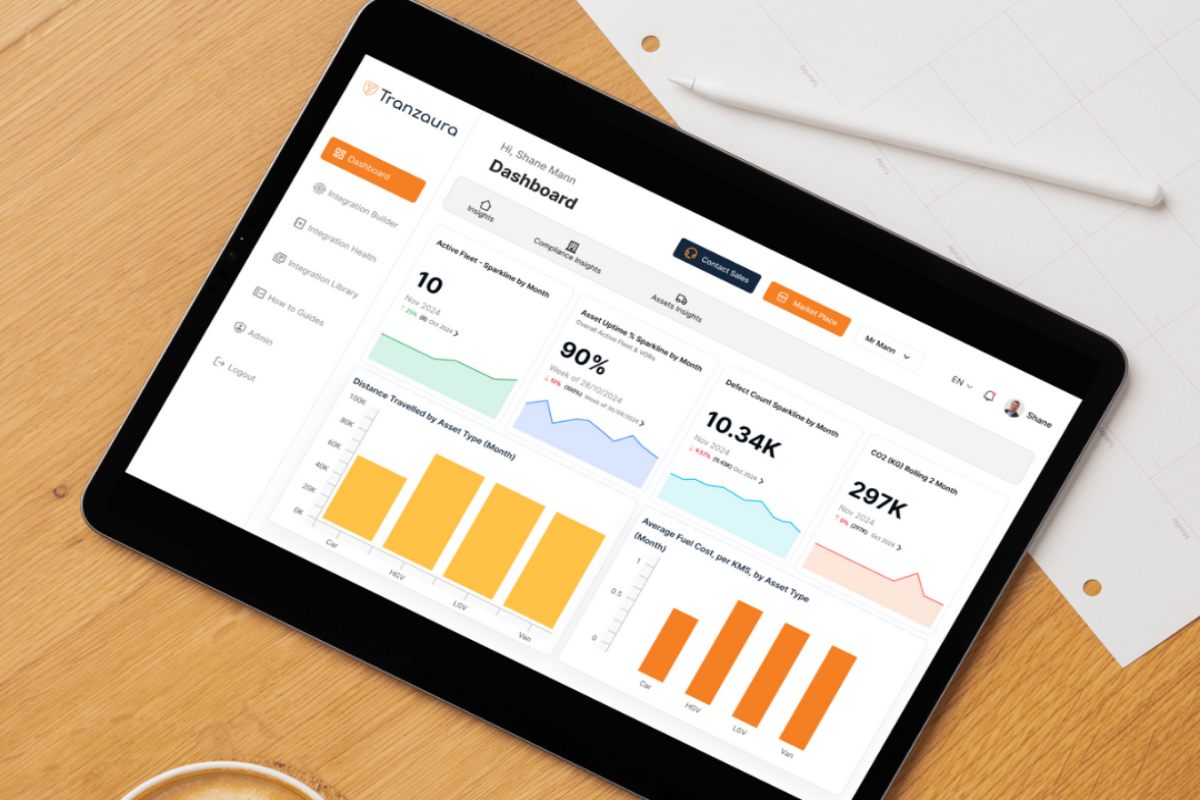Special Reports
SusHi Tech Tokyo 2024: experience ‘Tokyo 2050’ todaySponsored by The SusHi Tech Tokyo 2024 Showcase Program Executive Committee
Two-thirds of Britons demand digital public services
Research by Nortal also reveals that they expect their digital experiences to mirror the slick, seamless interactions they get from private sector services.
Two thirds of Britons demand that incoming government prioritise improvements to public services and deliver a fully digital suite of online public services, according to research.
The vast majority (85 per cent) want this shift to occur within the next two years alone.
The data is published by Nortal, the strategic innovation and technology company which is one of the driving forces behind e-Estonia, often cited as the most advanced digital government in the world.
Digital public services
The research reveals that people expect the usability of digital public services to match up to that of the services offered by large private sector companies like Uber, Netflix or Amazon.
Nortal said this trend illustrates an evolution in our user experience expectations, particularly when comparing what people value about digital experiences in the private sector with their frustrations in the public sector. Respondents identified the top features they found most beneficial for app-based private sector services was time-saving (38 per cent), and simplicity and ease-of-use (33 per cent).
“The message from the UK is loud and clear – the standard of digital public services needs to improve”
The most common criticism of current government service provision was time wasted, making it the main reason for dissatisfaction and mistrust in digital public services. Almost a third (29 per cent) of UK respondents surveyed who are dissatisfied with the quality of public services offered by the government feel issues take too long to resolve and 28 per cent find the process of interacting with government services too time-consuming. In the last year alone, the average Briton reported to spend a full 12 hours engaging with these services.
“The message from the UK is loud and clear – the standard of digital public services needs to improve. People today expect their digital experiences with the government to mirror the slick, seamless and simple interactions they get from private sector services,” said John Cheal, UK public sector lead at Nortal.
However, while Brits expect the government to offer services in the same way that they receive products and services from some of the world’s most popular brands, there is a notable level of mistrust that it can – and will – deliver. Almost a third (31 per cent) of people are not confident in the government’s ability to deliver digital public services in the near future. Similarly, nearly half (47 per cent) agree that government agencies would not be able to achieve the same level of digitalisation as companies in the private sector.
A challenge that is compounded further by the fact that three in 10 would be more likely to share their data with a private company – for the benefit of getting a personalised service as a result – than they would be with the government, a number that rises to 40 per cent amongst Gen Z and 42 per cent in Millennials.
Ongoing concerns around security and privacy remain the biggest concern for 42 per cent of respondents for getting all public digital services online.
“We’re still seeing too much time wasted by people when it comes to dealing with the government and waiting for issues to be resolved – time that can be better spent elsewhere,” said Cheal. “In an election year, improving the productivity of UK plc will be a focus for the main parties.”
He urged the incoming government to move faster in getting to a future with high-quality digital services at the core: “But this must and can be done in a way that doesn’t leave segments of society behind.”





















